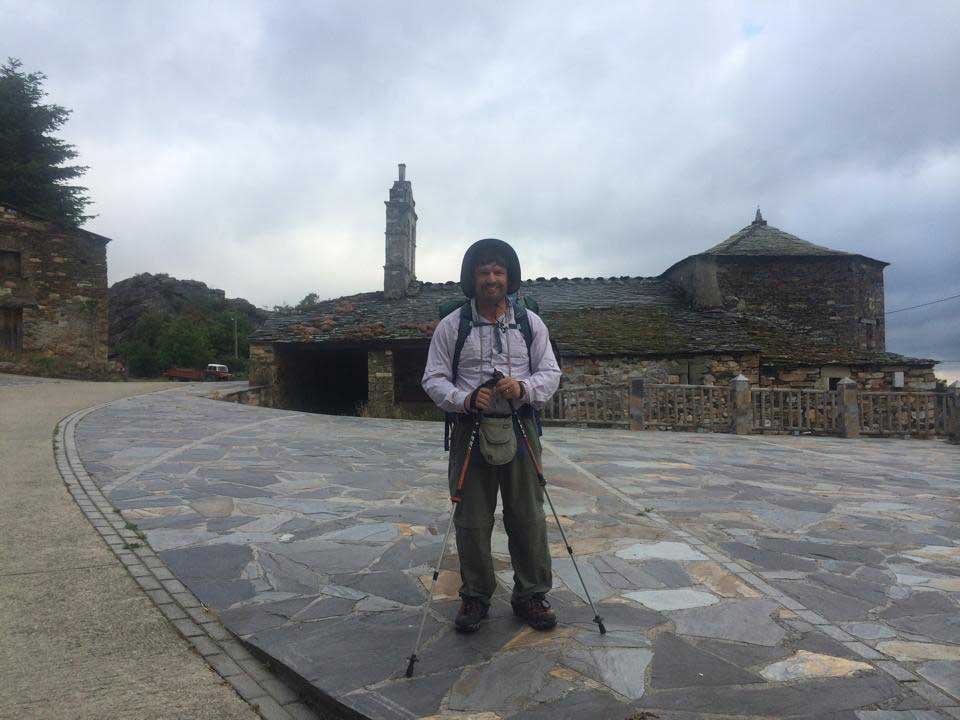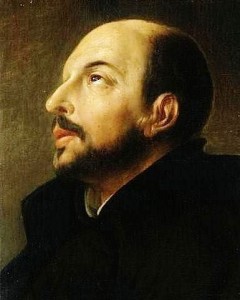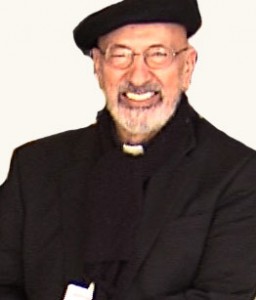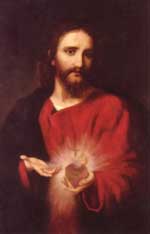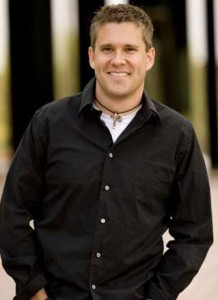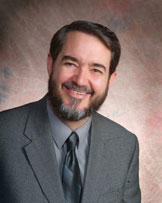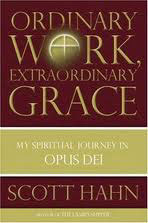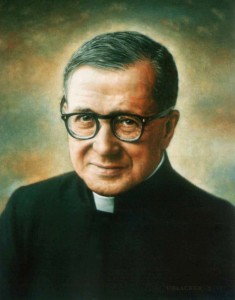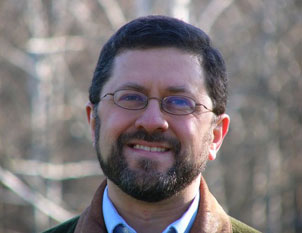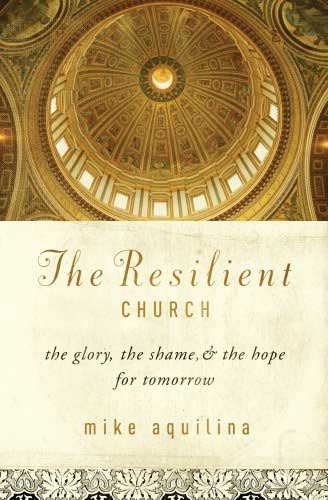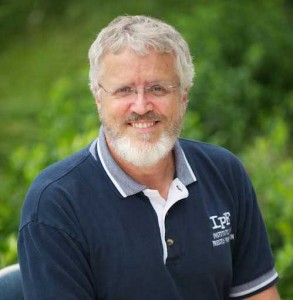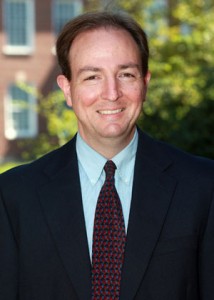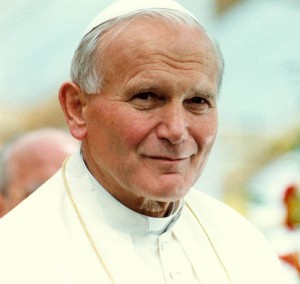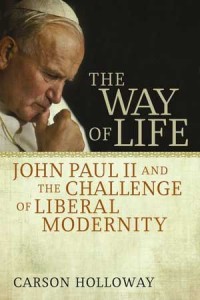BTP#Special – Pilgrimage
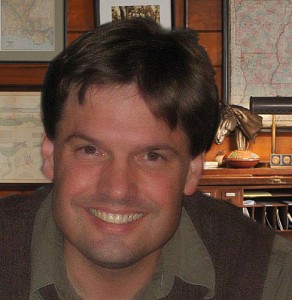
Podcast: Play in new window | Download (Duration: 26:20 — 24.1MB) | Embed
Subscribe: Apple Podcasts | Spotify | Amazon Music | Android | Pandora | iHeartRadio | JioSaavn | Podchaser | Gaana | Podcast Index | Email | TuneIn | Deezer | Anghami | RSS | More
We join Dr. Lilles on his pilgrimage following the Primitive Way or Original Way (known in Spanish as El Camino de Santiago Primitivo) which was the first pilgrimage route to Santiago de Compostela. He describes to us the true meaning of what it is to be called to “pilgrimage” (as opposed to just “trip taking”). We discuss the disposition of the heart and mind, as well as the significance of the “shrine”. A very compelling sharing on prayer and the journey of faith.
 Dr.Anthony Lilles is a Catholic husband and father of three teaching Spiritual Theology at St. John Vianney Theological Seminary. He teaches spiritual theology and spiritual direction to transitional deacons, and the spiritual classics to the men who enter the Spirituality Year, a year of prayer in preparation for seminary formation. He is the author of the “Beginning to Pray” Catholic blog spot. For other episodes in the series visit the Discerning Hearts page for Dr. Anthony Lilles
Dr.Anthony Lilles is a Catholic husband and father of three teaching Spiritual Theology at St. John Vianney Theological Seminary. He teaches spiritual theology and spiritual direction to transitional deacons, and the spiritual classics to the men who enter the Spirituality Year, a year of prayer in preparation for seminary formation. He is the author of the “Beginning to Pray” Catholic blog spot. For other episodes in the series visit the Discerning Hearts page for Dr. Anthony Lilles

